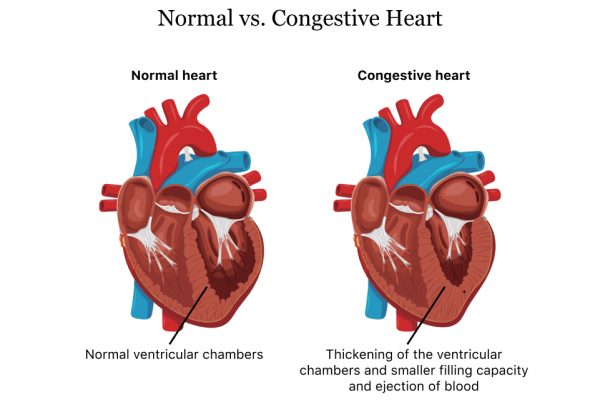The role of men in families is an area of study that has received growing attention from sociologists and gender scholars. These research studies have shown that more and more men are taking on domestic responsibilities, including child care and housework, to meet their family’s needs. But men’s increasing involvement in these responsibilities has led to increased work-family conflict. As the number of men losing their jobs continues to rise, this trend has become a top concern for policymakers.
Table of Contents
Parenting
Whether they are biological parents, stepparents or foster parents, the role of men in families is important. They play a crucial role in the social and emotional development of children.
They provide a safe environment for children, help them develop relationships with peers and adults, and help them grow healthy and happy. Research shows that fathers are vital to children’s development, yet they often resent their roles and lack the tools to parent effectively. While research suggests that men are generally interested in having more involvement in their families, they face obstacles to achieving work-family balance and flexibility. For example, they could have trouble finding a job that will provide them with the time off they need to care for a sick child or an aging family. Elevated counseling provides Denver men’s therapy aids in managing anxiety and mood disorders, including depression, and helping people deal with relationship issues, prior trauma, and job stress.
Lack of Gender-Neutral Education
Gender norms and expectations significantly influence children’s development. Parents often play a major role in these processes, especially in the early years of life. The media can also influence kids’ attitudes and behaviors through gender roles. Many popular images feature boys as superheroes and girls as princesses. These stereotypes are difficult to defy and can have long-term effects on the lives of children. They can lead to poor academic performance, negative self-esteem, and social isolation.
Sexuality Education
Sexuality education focuses on providing young people accurate information about their bodies and sexuality and developing skills to make informed decisions about love, relationships and sex. It also helps them protect themselves from harmful practices such as gender-based violence, discrimination, early and unintended pregnancies and HIV. In addition to the school-based sexuality education that young people receive, families are a major source of information and value formation about sexuality. They are the primary providers of support and care for their children and can be a critical link to promoting healthy relationships and preventing abuse. Despite the growing importance of sex education, many families struggle to initiate and implement this topic at home. It is particularly true for parents of GBQ adolescent males, who tend to view sex and sexuality as taboo topics and have a hard time discussing these issues with their children.
Gender-Based Violence
Gender-based violence is a form of human rights abuse that exploits gender inequalities. It violates basic human rights and can involve physical, sexual, emotional, psychological, or financial abuse. The most frequent forms of gender-based violence are intimate partner and family violence, sexual violence, and trafficking for exploitation. People of all genders, sexual orientations and gender identities may experience this violence, but women and girls are impacted the most. Men and boys can be victims of gender-based violence in their families, school, workplace or communities. This violence is often underreported because of societal stereotypes and a lack of resources for victims and their children. Gender-based violence can take many forms, including intimate partner and family violence, sexual violence, genital mutilation, ‘honor’ crimes, child marriage, female infanticide, forced labor, and sexual trafficking. These can all have devastating short- and long-term health consequences for victims. These include physical injuries, sexually transmitted infections, depression, anxiety, post-traumatic stress disorder, and a limited ability to complete daily tasks.





